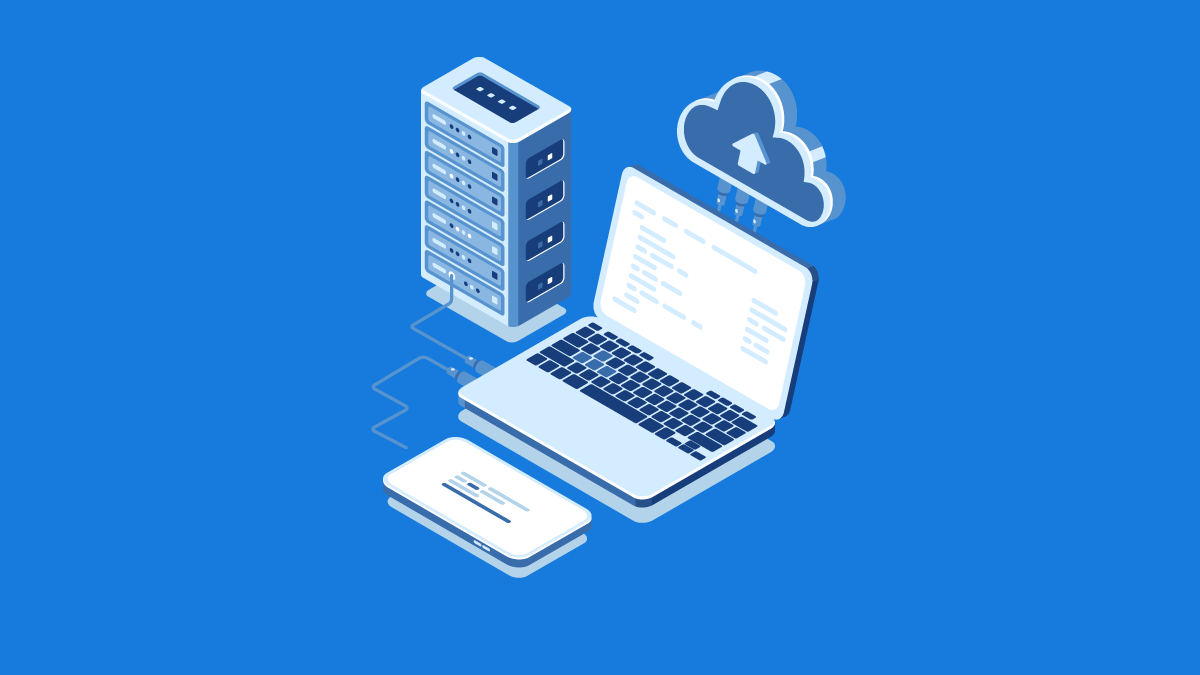More and more people are choosing to create websites, whether it be for a new business or a professional page showcasing a portfolio.
When making a website, there are a few initial steps to take and one of those is deciding which web hosting company you will pay to keep your website live and visible on the internet 24/7.
There is a huge array of web hosting companies to choose from and it is important to get a good understanding of what to expect from web hosting, especially since different web hosting companies’ services can vary greatly in pricing and quality of service.
If you are planning to design and run a website, and feel like your knowledge of web hosting is lacking, then this list of seven things you need to know about web hosting may help you.
1. Understand the Different Hosting Types
Before selecting a hosting plan, it is a good idea to understand the variety of web hosting plans on offer. Every plan allows viewers to visit website content easily although your hosting plan and the amount of data you have on your site will determine page loading speeds and the users’ overall experience. Defining the requirements of your website early on will help you to choose which hosting plan is most suitable from the types of plan generally available:
- Shared web hosting; multiple websites are hosted on one server which spreads the resource cost making it more affordable.
- Unlimited hosting also known as business hosting applies no restrictions on features such as bandwidth usage and databases. Websites on business hosting plans perform better than those on shared web hosting.
- WordPress hosting; develop and host a website on one of the most popular content management systems.
- Virtual private servers; websites are assigned to separate virtual compartments on a server. If a VPS isn’t managed by a host, then it will require someone with knowledge in setting up and running servers to maintain. VPS hosting is considered to be more secure.
- Dedicated servers; the resources of a whole server are used to host a single website with lots of content and daily users. For this type of hosting, the knowledge and skills of an experienced server expert are vital.
After researching the many kinds of hosting plans, it is important to consider their pros and cons, costs, and suitability to your project before making a final decision.
2. Pricing Varies
Since there is a variety of hosting plans available, it makes sense that the pricing also varies. Typically, the cheapest type of hosting, shared hosting, costs between $2.50 to $15 per month whilst the most expensive category of hosting, using dedicated servers, costs from $80 up to $750 per month.
For website beginners making a simple website with a few key pages, it is recommended to go for affordable shared hosting. On the other hand, established businesses that can already expect a fair amount of traffic usually opt for a web hosting plan using dedicated servers.
3. Tech Support Is Essential
One thing that many people are looking for in a hosting plan is helpful and responsive technical support that is available any time of day to fix an issue. Most quality web hosts offer technical support but it is worth checking reviews to see which ones have the best technical support.
4. Email Features Should Be Available
The majority of web hosts provide an email system wherein you can customize your email address and make use of features like spam control and connecting to your other email accounts to get notifications.
5. Backups Are Usually Provided
Occasionally mistakes happen and data or content on a website is lost due to server problems, security breaches, or the website owner making an error. Fortunately, many web hosts carry out regular backups so it is usually easy to restore work that was lost.
6. Web Hosts Help With Security
A major issue you should address early on when creating a website is security due to the constant risk posed by malware, scams, and viruses. Although there are several steps you must take yourself to improve cybersecurity on a website, a good quality web host will also ensure security on its servers is solid and activity is diligently monitored to pick up and remove anything suspicious before it causes harm.
7. Access to the Control Panel
Once you have signed up with a web host and placed a domain name on the site, you will be given access to the website’s control panel or cPanel where you can view all the components and inner workings of your website. Generally, this is the place your host’s technical support will go to make any repairs or checks.
Choosing a web hosting plan can be quite the challenge as there are so many options on the market, therefore it is a smart move to read up on some important things to know about web hosting prior to signing up for a plan.

